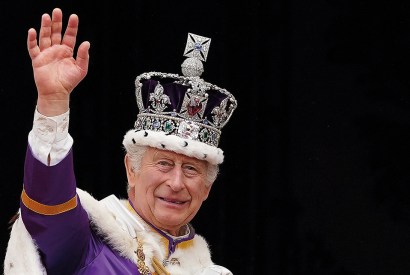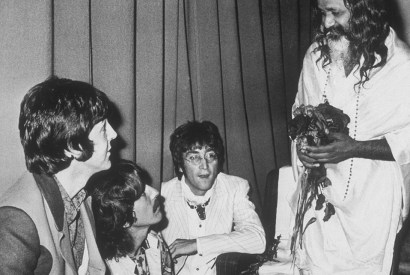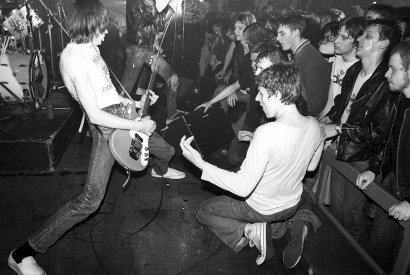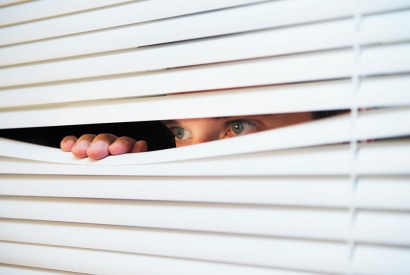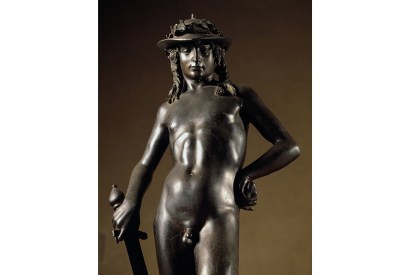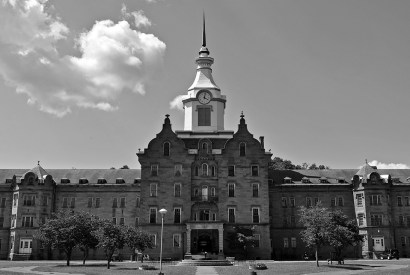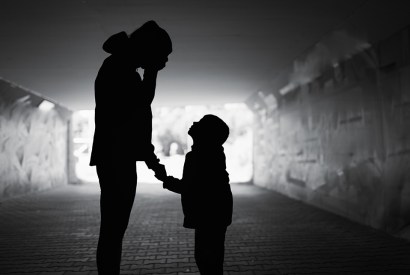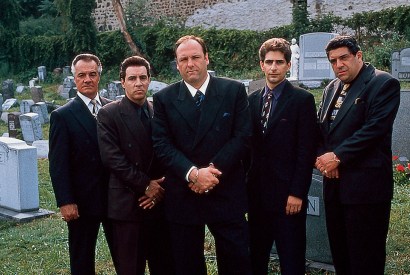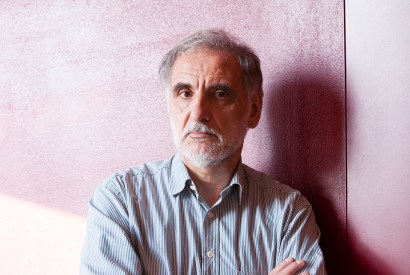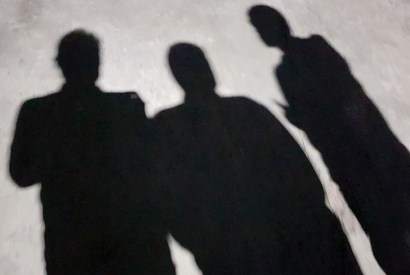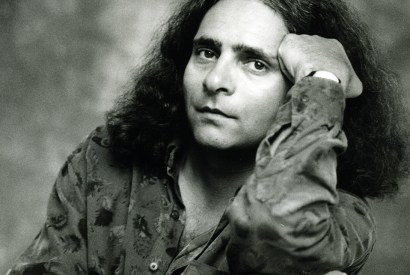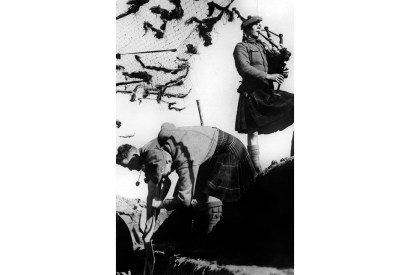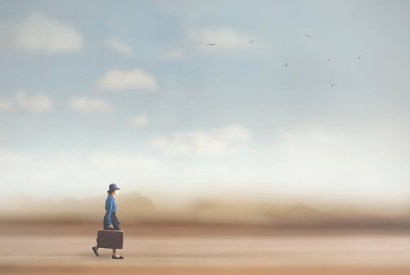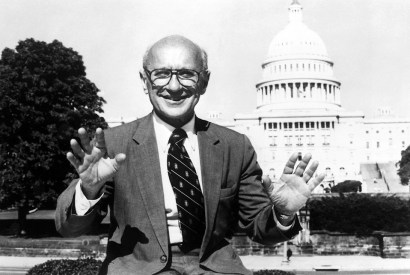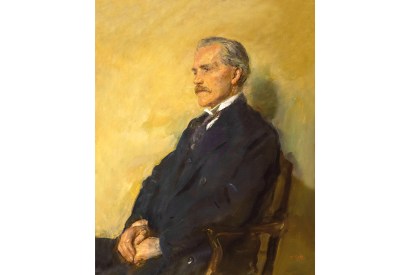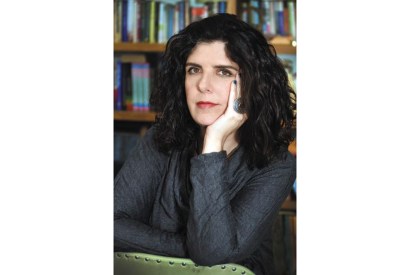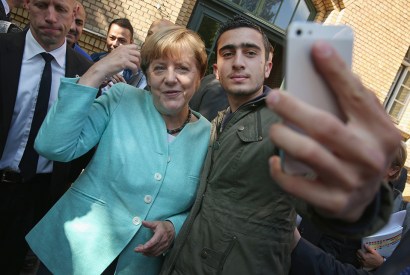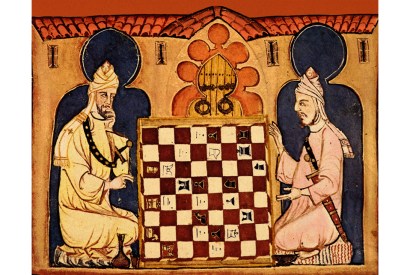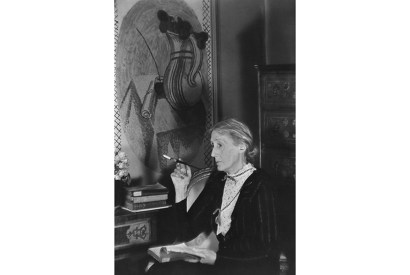Books
Mystery in everyday objects
Household gadgets take on a sense of wonder or menace for Lara Pawson, who sees a porpoise’s dorsal fin in the dial of a toaster and a hand grenade in a pepper mill
The strangeness of Charles III
‘He can cry at a sunset’, says one courtier of the King. A bullied child and an intellectual among George Formby fans, Charles dreams of gardening and plants mazes
The problem with westerners seeking oriental enlightenment
Those chasing after blissful satori never seem interested in the people who actually live in Asia. They want to float in higher spheres
How Liverpool soon outgrew the Beatles
For the bands playing at Eric’s, the celebrated Merseyside punk club of the late 1970s, even to own a Beatles record was considered embarrassing
Have we all become more paranoid since the pandemic?
Covid-19 proved devastating to our self-confidence and faith in others, says Daniel Freeman, who describes the ‘corrosive’ effects of mistrust on individuals and society
Life is a far richer, more complicated affair than we imagined
Exploring the new biology, Philip Hall explains how genes do not in fact determine our fate, and how cells can be reprogrammed to perform all kinds of new tasks
Flirting in 15th-century Florence
In his history of male-male sexual relations, Noel Malcolm describes how a man in Renaissance Italy would seduce a boy in the street by seizing his hat and holding it ransom
The summer I dwelt in marble halls
Gill Johnson recalls the glorious months she once spent in the ‘gilded labyrinth’ of a Venetian palazzo, employed as an English tutor to an aristocratic Italian family
A redemptive fable: Night Watch, by Jayne Anne Phillips, reviewed
Set in the Appalachian Mountains, the novel centres around a family struggling to survive domestic abuse and abandonment in the aftermath of the American civil war
Musings in lockdown: The Vulnerables, by Sigrid Nunez, reviewed
Marooned in Manhattan with a stoned student and precocious parrot for company, our elderly narrator despairs of the novel’s future when life is so much stranger than fiction
Refugee lives: The Singularity, by Balsam Karam, reviewed
The stories of two tragic mothers are interwoven in a haunting novel revolving around war, displacement, despair and the loss of children
How The Sopranos changed TV for ever
Peter Biskind describes how a once despised medium became the definitive narrative art form of the early 21st century. But has it now passed its peak?
Dangerous secrets: Verdigris, by Michele Mari, reviewed
A lonely teenager on holiday in Italy befriends his grandparents’ elderly gardener and slowly coaxes out his painful memories of betrayals and reprisals during the war
Ménage à trois: Day, by Michael Cunningham, reviewed
When Dan, his wife Isabel and her brother Robbie decide to spend lockdown together, claustrophobic domesticity develops into a painful love triangle
The proposed cities of the future look anything but modern
The vision for California Forever, an American utopian city still at planning stage, is pure picture-book nostalgia of bicycles, rowing boats and tree-lined streets
Hanif Kureishi – portrait of the artist as a young man
Descriptions of the gifted author tearing up the literary landscape of the late 20th century are deeply poignant when set alongside Kureishi’s recent despatches from hospital
Downhill all the way: the decline of the British Empire after 1923
Matthew Parker gives us snapshots of Britain’s sprawling dominions in September 1923, showing both governors and governed increasingly questioning the purpose of the empire
Why was the British army so ill-prepared to fight the second world war?
After 1918, the general staff ceased to focus on who they might have to fight next and how, leading to the abysmal performance of the army in Norway and France in 1940
She’s leaving home: Breakdown, by Cathy Sweeney, reviewed
One ordinary November day in Dublin, without forethought or planning, a woman walks out on her husband and two teenage children and never comes back
Milton Friedman – economic visionary or scourge of the world?
Monetarism, with which his name is associated, has long defined economic policy. But what would Friedman have made of the banking collapse, so soon after his death in 2006?
The travails of Britain’s first Labour government
Attacked in the press, by the right and even by its own supporters, Ramsay MacDonald’s short-lived government still managed to achieve a surprising amount
Septuagenarians behaving badly: Stockholm, by Noa Yedlin, reviewed
Four elderly people conspire, for different reasons, to keep the death of their friend a secret until he’s safely awarded the expected Nobel Prize for Economics
Has Germany finally shaken off its dark past?
‘When it comes to helping others, we are the world champions’, one politician declared in 2015. But Merkel’s welcome to immigrants was pragmatic – and anti-Semitism is on the rise again
How dangerous is the Sunni-Shia schism?
What unites the two groups is more fundamental than what divides them, says Barnaby Rogerson, and the more serious conflict among Muslims concerns ethnicity and language
What Shakespeare meant to the Bloomsbury Group
Virginia Woolf’s mind was ‘agape & red & hot’ when reading him, and he was an everyday companion to most of the Group – but what they couldn’t bear was to see the plays acted


